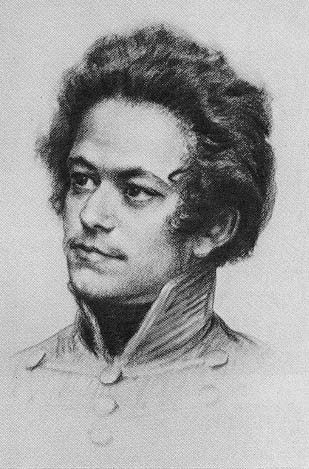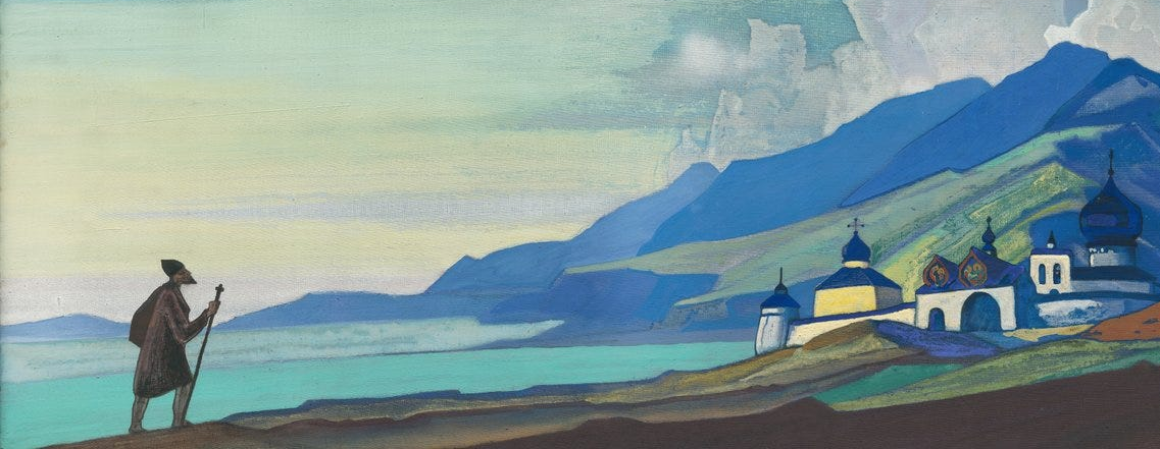Marx, along with Freud and Nietzsche, is regarded by Paul Ricoeur as one of the great masters of “suspicion.” But somehow Marx does not seem to have ever entertained the suspicion that ideology could have warped the thinking of the theologians and the interpreters of Scripture so that they ended up unwittingly interpreting it in a sense that served the interests of the ruling classes. Marx does not seem to have shown any interest in trying to find out whether distortion had crept into the Christian message and whether a new interpretation favoring the class struggle of the proletariat might be possible or even necessary.1
I don’t know Marx as well as I should but I believe Fr. Segundo gives a fair assessment of Marx in the quote above. But I also want to be careful not to dismiss Marx because of his lack of suspicion regarding religion. I believe Marx had logical reasons, born from his life experiences, to not bother himself with digging deeper and developing a suspicious position in the manner we mean here.
In 1844, when he was only 26, Karl Marx took up the criticism of politics in a commentary of Hegel’s chief political treatise. In that document, Marx famously referred to religion as the opium of the people. A thousand times we’ve heard that phrase quoted. As expected, it set off a lot of Christians who ever since have claimed Marx’s ideas are incompatible with Christianity, thinking Marx is saying religion is merely a drug and if Christians will only pull themselves away from their stupor they might finally see reality. Other Christians felt Marx was showing his lack of knowledge about the social aspects of faith and if he were only willing to see then he would embrace the Christian gospel.
Let’s take a look at that phrase in context:
Religious suffering is at the same time an expression of real suffering and a protest against real suffering. Religion is the sigh of the oppressed creature, the sentiment of a heartless world, and the soul of soulless conditions. It is the opium of the people.
The abolition of religion as the illusory happiness of men, is a demand for their real happiness. The call to abandon their illusions about their condition is a call to abandon a condition which requires illusions. The criticism of religion is, therefore, the embryonic criticism of this vale of tears of which religion is the halo.2
By putting that phrase back into its immediate context we can see Marx’s understanding of religion is more nuanced than is often presented. Religion, rather being a mere drug of escape, becomes are kind necessary salve for real wounds, though not necessarily a solution to the cause of those wounds. Many Christians might disagree with Marx on this point, but it is an understandable conclusion for many who have had an experience of religion as a cultural force, which is most. As Michael Löwy says:
An attentive reading of the Marxian paragraph where this phrase appears reveals that it is more qualified and less one-sided than is usually believed. Although he is obviously critical of religion, Marx takes into account the dual character of the phenomenon[.]3
We can also see that Marx saw religion as symptomatic, that is, arising out of suffering. The implication is that if suffering were totally eliminated then religion would be no longer needed.
The more I ponder these words the more I think Marx was on to something. First, religion is an opiate much of the time for many people, and I’m sure it made sense to Marx from the evidence around him. This seems undeniable. And the opiate nature of religion has been used by both oppressors and oppressed to manage, justify, excuse, and accept the structures of power. Many Christians push back because they don’t want to see this is true of themselves, but many more find a kind of escapist solace in forms of Christian worship that divert their eyes and minds from suffering and the material causes of suffering.
Second, it’s true that religion is a kind of sigh of the oppressed. “By the waters of Babylon, there we sat down and wept, when we remembered Zion.” We look to God for salvation; we seek healing and liberation. Christians are told God hears our cries. Many of our prayers are pleas to God for help. This sigh is built into our liturgies.
Third, when suffering is no more so also religion will no longer be needed. Christians believe that when Christ returns and there is a new Heaven and a new Earth and sin and all its effects will be vanquished. We will be in full communion with God, fully divinized, and thus will no longer need religion as a means of perfection.
On the surface, Segundos’s assessment of Marx appears to make sense. Calling religion the opium of the people has the hallmarks of a quick dismissal, a rhetorical flourish and a wave of the hand at the local pub. However, given Marx’s theories of alienation and fetish, and given his formation under the philosophical force of Hegel and the Young Hegelians, it makes sense to consider his idea of religion being an opiate (he wasn’t the first to say this either) as a deep and rather insightful, though perhaps overly terse, critique of the society in which he lived.
Religion was not a merely personal, and certainly not a private, affair in 19th century Europe. Religion was overtly interwoven into the fabric of society. Marx’s father was a Jew who converted to Protestantism in order to have a chance at forging a career and supporting his family, a common choice for many German Jews at that time. Thus religion was a visible controlling tool used to create boundaries of social, political, and economic inclusion and exclusion and thus enforce a kind of caste system. Along with the “Jewish question” and the exclusion of Jews who remained faithful Jews, Catholics and Protestants warred against each other, not merely because of the Reformation but because of the Napoleonic wars which pitted the Catholic French against the Protestant Germans (and others). Many Germans were Catholic and this created tension for them in a post-Napoleon Germany. This created the world into which Marx was born.

And consider this bit about his high school education in Trier
His classmates were divided into two groups, largely by religion. Most of the Catholics were from modest backgrounds, typically intending to go on to the Tier Theological Seminary and become priests. By contrast, the seven Protestants [of a total of only 32] in the class were from families of government officials, professionals, or army officers: they were heading for the university to study law, medicine, or public administration. Forty years laters, Marx would remember the Catholic pupils in his class as a bunch of “peasant dolts,” probably reflecting the opinion their Protestant classmates from more affluent and better-educated families had of them.4
Arguably, Marx must have felt he understood religion enough to take it for how it presented itself. That he did not approach religion with an attitude of suspicion is a significant gap in his thinking, certainly, but not illogical.
More importantly is the prevalent lack of suspicion by the Church of its own history and received interpretations. When suspicion is thoughtfully and seriously elevated, such as with Liberation Theology, many Catholics see it as a threat. It is sad but predictable that many Catholics, especially those in the so-called developed nations or in positions of social power, cannot fathom the idea that distortion may have crept into the Christian message and purveyed via seminaries, homilies, and formation. But the world, and the Gospel itself, is in need of interpretations that favor liberation, focus on material conditions, recognize class differences and the struggle of the proletariate, the poor, and the oppressed. In fact, they (especially the Church hierarchy) have too often actively supported the suppression of such ideas. (This has been well documented so I won’t go into it here.) Thus religion does, in fact, become the opiate of the people and the Church pushers.
We might fault Marx for his lack of suspicion when considering religion, but arguably the more significant fault lies at the feet of the Church. But so does the solution.
Final “devil’s advocate” note: One could also argue that the Church today is overly plagued with a sense of suspicion, and that suspicion has led to a dismantling (at least a persistent challenging) of given doctrine, dogmas, and nearly anything that could be called tradition. In short, the so-called “spirit of Vatican II” is, in fact, the spirit of the age and that spirit would love to see the Church become the ultimate global NGO and the pope finally and in fact become the Antichrist.
1Juan Luis Segundo, Liberation of Theology (Eugene, Or.: Wipf And Stock Pub, 2002), 17.
2Karl Marx and Friedrich Engels, The Marx-Engels-Reader, ed. Robert C. Tucker (New York, New York: Norton, 1972), 12.
3Michael Löwy, The War of Gods: Religion and Politics in Latin America (London: Verso, 1996), 4.
4Jonathan Sperber, Karl Marx: A Nineteenth-Century Life (New York, New York: Liveright Publishing Corporation, 2014), 26-27.


